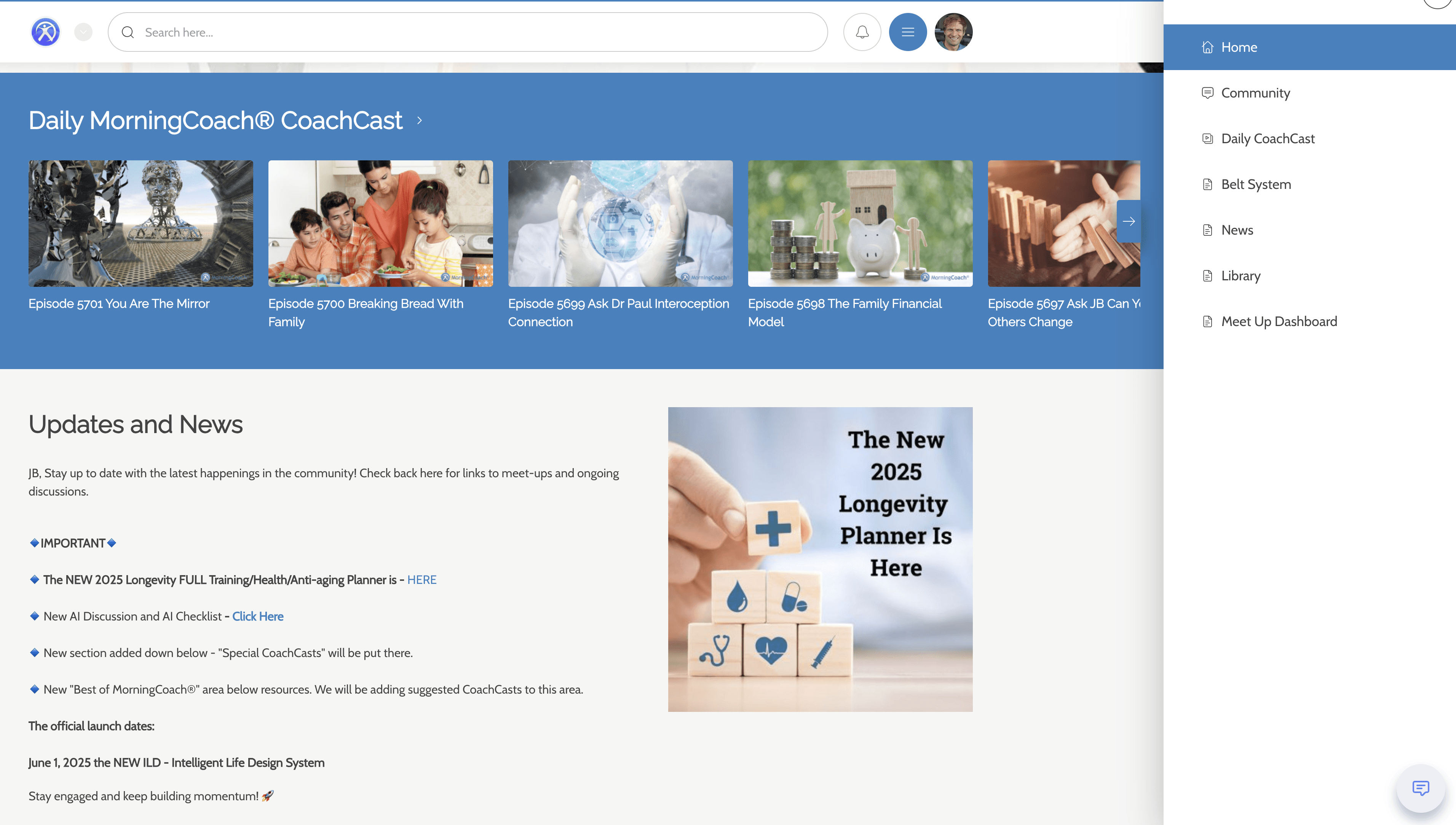

Blog
Failures are inevitable, but they don't have to be permanent. By carefully considering the consequences of our actions and decisions before taking them, we can significantly reduce and prevent the chances of failure. With some planning and foresight, we can help ensure that our efforts will yield positive results and not lead to unwelcome losses.
It is possible to prevent failures.
Experiencing failures can be a stressful event. Such things happen when we don't carefully think about our actions and decisions and look at things in the longer term. While it can't be helped that failures will sometimes happen, significantly when factors beyond our control influence our actions and goals, it is possible to prevent failure by taking preventive measures and thinking about what can happen if we make specific actions and decisions. Failures can occur in the future, so we must do things in the present before a major failure hits our goals. The following are some strategies one can do to prevent mistakes from happening that ultimately lead to failure.
1. Learn as much as you can about what needs to be done
Before doing or undertaking something, there can be instructions, procedures, rules, or safety measures that we can read about. By reading these kinds of information, we can be more knowledgeable about what we are about to do and make preparations beforehand. We can learn the necessary skills, gather resources, and read about other information to help us become more familiar with what we are about to do. It may not be easy to understand and appreciate what the information we read means without applying them, but what we read prepares our minds on what we can expect.
2. Gather enough resources for the plan to succeed
Resources are necessary to ensure major projects and goals succeed, and this means having enough equipment, money, people, and time. If any of these are lacking, it can lead to project or process failures due to insufficient resources to meet the demands we need to accomplish. So it is essential that before any significant undertaking, we should determine the scope and extent of effort and resources required to meet all the steps we need to take to achieve our goals. We can ask ourselves how many people are needed to accomplish a particular task, how long it will take to finish it, what skills are required, what equipment is necessary to complete the job, and how much money it will take to cover these. We can then start gathering everything needed for the minimum or optimal level to ensure the process goes smoothly and our goals are met.
3. Make plans
Acting and deciding ahead without any plans gives a higher chance of failure. Even if one has a general idea of what needs to be done for something to be successful, it will be better to have a plan detailing the specific steps for achieving something. Identify your ultimate goal, break it into smaller subgoals, and generate strategies to accomplish each. A plan is like a reference to how you will achieve something, and you can check it whenever you feel lost and don't know what to do. Also, it will be good to make backup plans if the initial plan doesn't work and have alternative strategies to accomplish the same thing you were trying to achieve.
4. Exercise effective decision-making
Many decisions need to be made while we are working on achieving something. Despite knowing everything necessary about what we must do and having all the resources required, it's still up to us to make the right decision. One can consider several things to make the correct decision, such as thinking about the consequences of a decision. We must think twice before deciding on something to prevent a project or process failure. Think also about others that may be affected by our choices and what effects on the bigger picture they will have.
5. Double-check your actions while doing and after finishing them
No matter how much of an expert we are at doing something, we can sometimes commit dangerous judgment errors that cost us our livelihood or even our life. Double-checking what we do and finish is a failure-proofing technique that helps us ensure we follow the proper procedures and protocols for doing something. There is a good reason some companies have quality checks as part of the work procedure, as there may be things that those who did the first pass of the work have missed. We can make it a habit to check the work we do to ensure we don't miss anything and prevent devastating consequences from occurring.
6. Never assume; ask if something is not clear
While working on something, things may not be clear even after we have read the procedures and made the correct preparations. It won't hurt to ask someone more knowledgeable than us to address the matter, such as a supervisor from work. It's better to ask than to assume; otherwise, we may be doing something that affects others negatively later and cost us our job and damage the reputation of the company we are working for. There is nothing wrong with asking; usually, only our pride prevents us from doing such a thing.
7. Involve and educate everyone that is part of the project or goal
In the case of projects, especially long-term and large ones, that involve several people, everyone must get educated and informed about the scope of the project, the responsibilities each person has, the tasks that need to be done, what things shouldn't be done, etc. This is to ensure that everyone is up to date on what needs to be done, and each person knows the extent of their responsibilities and how accountable they are to others. Failure to inform everyone involved can result in project failure and waste the efforts of others. That's why in the case of large projects and undertakings, there should be someone tasked with project management, such as a project manager, to check on what everybody is doing and ensure they follow what the goal or project demands from each person.
8. Learn from previous mistakes
If what you or a project team is doing is already a second run or a chance of doing something again to achieve the same or a different result, chances are the first run was a failure and mistakes have happened. Maybe you or a project leader still see the worth of pursuing the same endeavor, and the rewards and results are significant enough to warrant a second try. If so, a lot of learning can be made from the previous attempt. You or a team can identify what worked and what's not from the first attempt, change things that didn't work, and improve upon what's effective. Alternative methods and new perspectives can be employed, and more people and resources can be gathered to ensure an endeavor succeeds the second time. With all the proper learning, failure can be prevented, and success can come next time.
Make something a success.
Not all failures are the results of accidents or chance encounters. Many times, losses can be prevented if only people implement the correct actions and make the right decisions to make something a success. Being thorough with what we do and looking at what can happen in the long term helps us make the proper actions and decisions. Ensuring that others are also on the same level of understanding as us can make things work correctly. Even if it may take extra time and effort to check that things are done correctly, it's better to do it than risk a significant failure from happening. Failures can help us learn, but it is better to prevent them from happening and strive for success the first time as much as possible.
Related

Get Started
Discover practical insights, mindset strategies, and the latest tools to help you build a life of clarity, health, and purpose — one morning at a time.
FAQs






